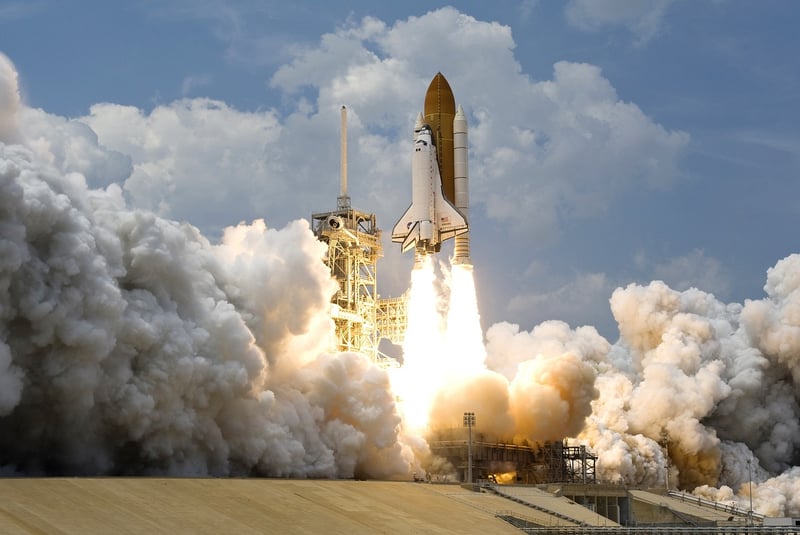Future Insights
The Future of Space Exploration: Challenges, Missions, and Insights
Challenges in Space Exploration
Space exploration comes with its own set of challenges. From the harsh environment of space to the vast distances involved, astronauts and scientists face numerous obstacles when venturing beyond Earth.
Radiation Exposure
One of the primary challenges of space travel is prolonged exposure to harmful radiation. Finding ways to protect astronauts from this radiation is crucial for long-duration space missions.
Microgravity Effects
Extended periods in microgravity can have detrimental effects on the human body, such as muscle atrophy and bone density loss. Developing countermeasures to mitigate these effects is essential for future space exploration.
Current and Future Missions
Despite these challenges, space agencies around the world continue to push the boundaries of space exploration with ambitious missions.
Artemis Program
NASA's Artemis program aims to return humans to the Moon and establish a sustainable presence, with the goal of eventually sending astronauts to Mars.
Mars Missions
SpaceX, NASA, and other organizations are working towards crewed missions to Mars, laying the groundwork for potential human settlements on the red planet.
Future Insights
As technology advances and our understanding of space improves, the future of space exploration looks promising.
Advanced Propulsion Systems
New propulsion technologies, such as ion engines and nuclear propulsion, could revolutionize space travel, enabling faster and more efficient missions to distant planets.
Exploration of Exoplanets
With the discovery of thousands of exoplanets beyond our solar system, future missions may focus on studying these alien worlds for signs of life and habitability.
Conclusion
Space exploration presents both challenges and opportunities for humanity. By overcoming obstacles and pushing the boundaries of our knowledge, we pave the way for a future where humans may one day venture beyond our own solar system.

